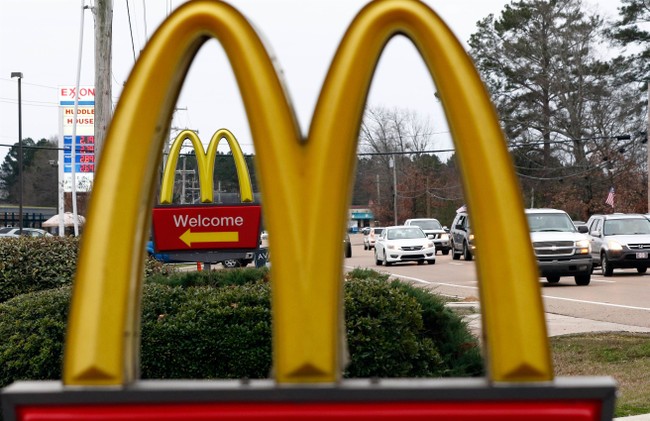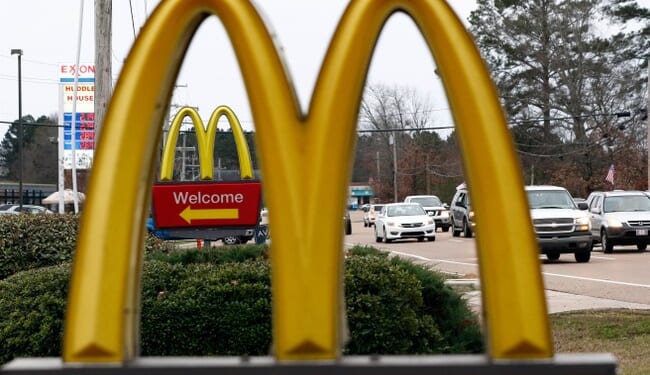
On April 1, the minimum wage for “quick service” (don’t call them fast food) workers will go from $16 an hour to $20 an hour in California. There are a whole host of exemptions to that wage: restaurants in airports, stadiums, hotels, theme parks, museums, and “certain other locations, as prescribed” by the legislation according to ABC News.
The law would apply to restaurants with more than 60 stores nationwide. But those exemptions are dependent on how much money a company has donated to California Democratic politicians. The corrupt example of Panera Bread receiving an exemption to the wage law illustrates the case clearly.
This is a separate issue from whether or not fast-food employees are worth $20 an hour to the company they work for. Those workers are about to find out that they’re not.
I’m sure all these employees work hard for that $16 an hour. They’re always polite to customers, never backtalk the boss, and are never wrong in fulfilling an order.
Even if that fantasy was true, they still wouldn’t be worth $20 an hour. Many factors go into determining employee wages, but since there is little else a franchise owner can control besides wages, it becomes critical to keep wages at a level where he can still sell products at a reasonable profit.
How much pain is the franchise owner willing to inflict on his customers to keep making money? For some California franchises like McDonald’s and Chipotle, they have little choice but to hike menu prices. As far as raising prices, how much would you pay for a Big Mac, and would you buy the same number of Big Macs every week at a higher price? Others can make do with fewer employees or lay off workers. In both cases, service will suffer.
In December, two major Pizza Hut franchise operators announced they would be laying off all in-house delivery drivers as a result of Assembly Bill 1228, which passed in the state Legislature and was signed into law by Gov. Gavin Newsom in September.
The bill is seen as a critical cost-of-living boost for the approximately 700,000 quick-service restaurant workers in the Golden State who launched a statewide union last month after successfully lobbying for the wage increase.
Alexander Johnson, whose family owns 10 Auntie Anne’s and Cinnabon locations in California, told the WSJ that he has reduced his staff by about 10 employees and his 73-year-old parents have returned to working in their stores to save on labor costs.
“It pains me to think about shutting down stores or laying people off,” said Johnson. “I love California, and I’m very sad about what’s going on.”
One thing is certain: The new wage law will supercharge the restaurant automation industry. Mexican food chain El Pollo Loco will begin automating some of its salsa making, and Jack in the Box is testing “fryer robots and automated drink dispensers” according to the Wall Street Journal.
So far, 1,300 delivery drivers have been laid off. And that’s just the beginning. The biggest question will be in the ability of companies to manage with fewer employees while delivering the service that customers have come to expect and maintaining competitive pricing. It’s an eye of the needle that many companies won’t be able to hit.












